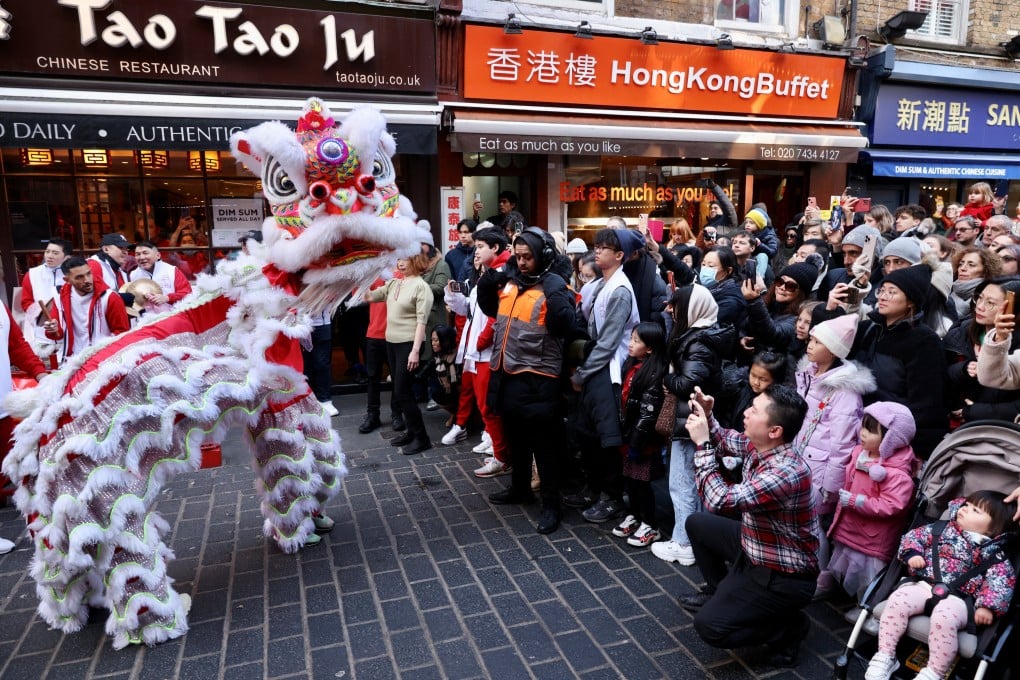Advertisement
Opinion | Debate over Chinese New Year versus Lunar New Year rooted in misplaced patriotism
- Chinese critics of the British Museum’s decision to title its event a celebration of Korean Lunar New Year were keen to defend their country’s culture, but probably left a bad impression
- The episode highlights how first-generation Chinese immigrants to the UK may struggle to find their footing amid strained Sino-British relations
Reading Time:3 minutes
Why you can trust SCMP
17

The British Museum recently held an event to celebrate the Korean Lunar New Year, which was criticised by Chinese internet users for displaying “ignorance of history”. They also accused Korea of stealing the Chinese Lunar New Year concept. The museum removed links to the event from its website and social media channels without explanation.
The Chinese critics of the museum believe the Lunar New Year celebration is exclusive to China, because in China’s education system, one rarely hears of other East Asian countries celebrating the festival.
Nearly 20 years ago, when I was a new international student in the United Kingdom, a Chinese friend complained, “The Koreans actually think that the Dragon Boat Festival is theirs.” I was surprised, too, and thought the Koreans were wrong.
Advertisement
That some Chinese international students went to the British Museum on January 20 to “rectify” the mistake for passers-by is the result of the patriotism cultivated in all Chinese citizens, most whom subconsciously feel obliged to defend China’s reputation.
When I used to defend China unconditionally before, my British husband thought I was being unreasonable. But I thought I was standing up for the Chinese people.
Advertisement
A week ago, Chinese Liberal Democrats co-founder Merlene Toh Emerson invited me to attend the organisation’s “Dumplings Legends” event as part of “Lunar New Year celebrations”. If I were still an international student, I would have wondered how a Singaporean could call herself Chinese and why she hadn’t specified that the event was being held to celebrate Chinese Lunar New Year.
Advertisement
Select Voice
Select Speed
1.00x
.jpeg?itok=IWIemjTe&v=1689818059)